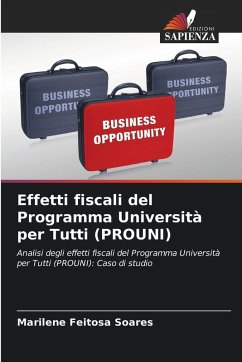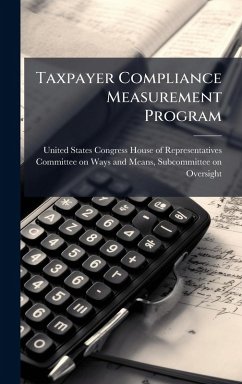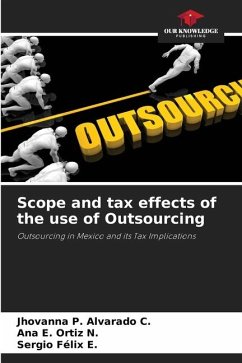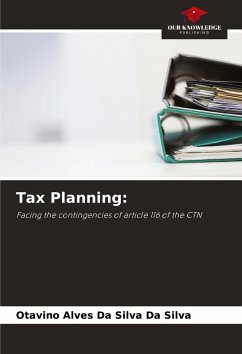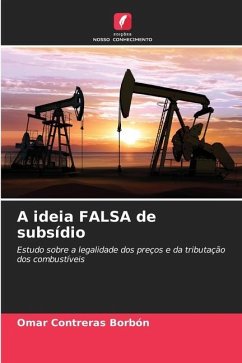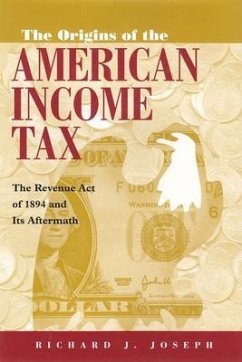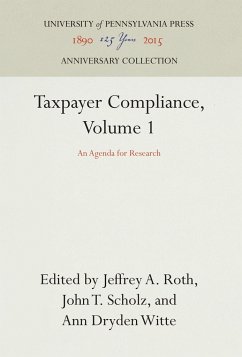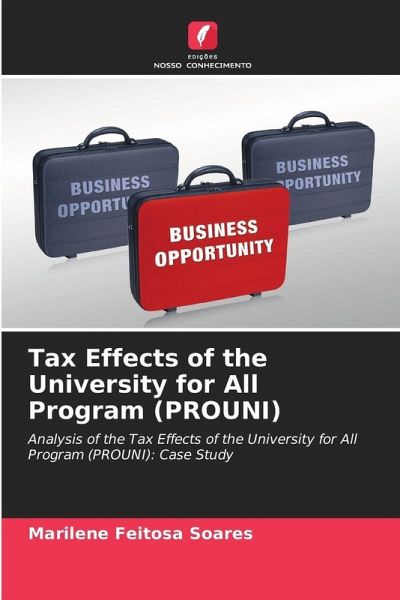
Tax Effects of the University for All Program (PROUNI)
Versandkostenfrei!
Versandfertig in 6-10 Tagen
37,99 €
inkl. MwSt.

PAYBACK Punkte
19 °P sammeln!
The complexity of Brazilian tax legislation has increased the need for institutions to organize their businesses with a focus on tax planning. Law No. 11,096, dated January 13, 2005, which established the University for All Program (PROUNI), introduced exemptions from certain federal taxes in exchange for full and partial scholarships granted by higher education institutions to low-income young students. This study aimed to evaluate the observable tax effects on a for-profit private higher education institution located in the municipality of Fortaleza, as a result of its participation in the U...
The complexity of Brazilian tax legislation has increased the need for institutions to organize their businesses with a focus on tax planning. Law No. 11,096, dated January 13, 2005, which established the University for All Program (PROUNI), introduced exemptions from certain federal taxes in exchange for full and partial scholarships granted by higher education institutions to low-income young students. This study aimed to evaluate the observable tax effects on a for-profit private higher education institution located in the municipality of Fortaleza, as a result of its participation in the University for All Program (PROUNI). The methodology was based on bibliographic and documentary research, using the single case study method. The results obtained show that the private higher education institution analyzed recovered all taxes related to the University for All Program, failing to pay to the public coffers the equivalent of 53% of the total taxes owed by it, representing 4% of its revenue. The program significantly increased the number of places in higher education.



